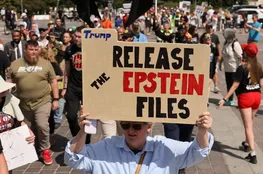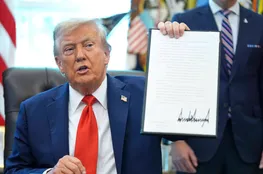The Justice Department has revealed that Russia has used American influencers to spread its propaganda, exploiting outdated rules from the Federal Elections Commission (FEC). These regulations do not adequately cover influencers promoting political content for profit, creating a loophole that foreign powers can utilize. Russia has a history of using social media to influence American elections.
While social media companies have made efforts to curb questionable content, Russia has found a new, legal method through influencers. Recently, the Justice Department filed conspiracy charges against two Russian nationals for a $10 million scheme aimed at US audiences, using hidden Russian government messaging. Attorney General Merrick Garland described it as an attempt to exploit America's free exchange of ideas to further Russian propaganda.
Daniel Weiner, from the Brennan Center for Justice, pointed out significant gaps in political advertising rules, emphasizing that current FEC regulations require clear disclaimers on various media but do not cover paid influencers. In January, the Brennan Center urged the FEC to include disclosure requirements for influencers paid by political campaigns. This loophole highlights the potential of influencers as tools for foreign interference.
The Justice Department named Tenet Media, a company involved in the scheme, which posted content on platforms like TikTok, Instagram, and YouTube. Influencers associated with Tenet, unaware of its Russian ties, included Tim Pool and Benny Johnson. Despite existing rules for online political ads, they primarily address traditional ads seen years ago. For influencers, transparency is lacking, both in regulations and in the voluntary rules by major platforms.
Some platforms, like Meta, have created ad libraries for transparency, but these often don't apply to influencers. Weiner noted that while the Federal Trade Commission requires influencers to disclose paid promotions for brands, this mostly pertains to commercial transactions and not political purposes.
























